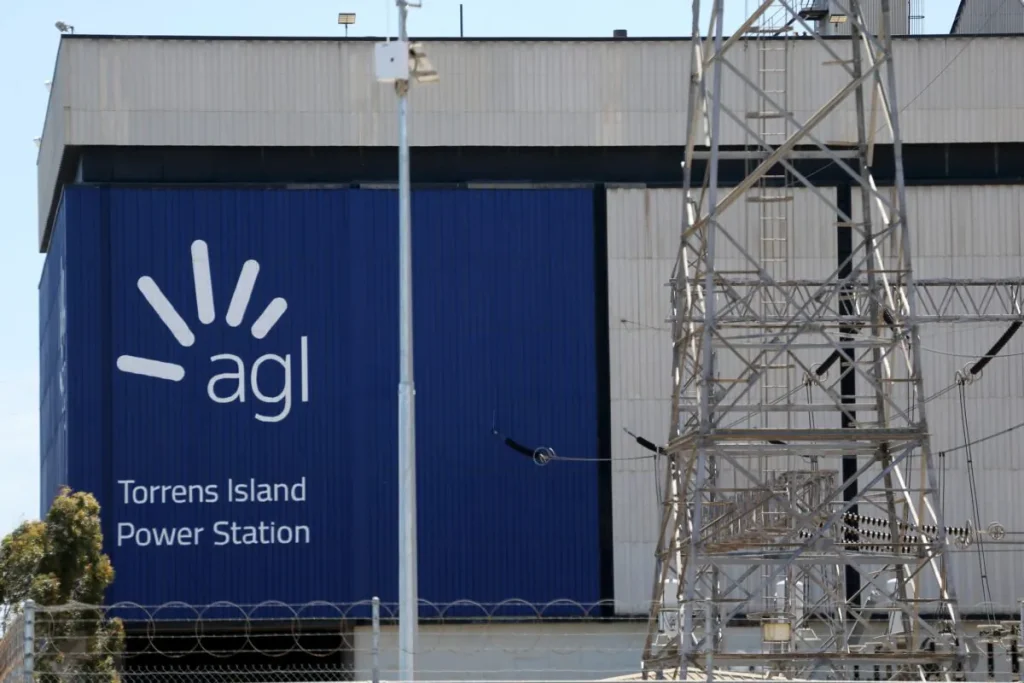One of Australia’s top energy companies has been sued for allegedly using bids to manipulate power prices and inflict financial damage on customers.
In early June, law firm Piper Alderman announced that it had launched a class action lawsuit against energy giant AGL following an investigation into abnormal hikes in electricity spot prices in South Australia, which is part of the National Electricity Market (NEM), between 2013 and 2020.
The NEM has a spot market mechanism in which the electricity supply from power stations is matched with consumption by households and businesses in real time.
All electricity in the spot market is bought and sold at the spot price.
Piper Alderman alleges that AGL breached Section 46 of the Competition and Consumer Act 2010 by using bidding strategies to inflate electricity prices.
“Certain price spikes have been caused by AGL adopting ‘gaming’ strategies in their supply of electricity,” the firm wrote.
“By gaming of the system, it is alleged that AGL has created an artificial scarcity of supply in the NEM, inflated electricity prices for consumers, and prevented other generators from competing for market share.”
Under current rules, generators make a bid to supply a certain amount of power at a particular price up to a day and a half before the power is needed, and they are required to honour their bids.
An analysis by the Australian Energy Market Commission indicated that rebidding could cause a problem where there were high levels of market concentration that allowed dominant generators to set wholesale prices.
“AGL took advantage of its market power for the substantial purpose of deterring or preventing competing generators from engaging in competitive conduct,” said the class action pleadings obtained by AAP.
“AGL’s contraventions were a cause (of) the prices set under default market offers being higher than the prices otherwise would have been.”
SA Country Pubs, the lead applicant in the class action, said AGL’s alleged misconduct had caused the business to be overcharged for electricity bills as it had to pay over $474,000 (US$326,000) from June 1, 2017, to June 1, 2023.
The firm noted that AGL had significant competitive power in the South Australian energy market, which had higher barriers of entry for new generators because it supplied over 37 percent of electricity across the state, according to 2017 figures.
It also alleged that AGL’s practice of making rebids at the last minute blocked competitors from entering with lower bids.
“AGL engaged in the short-notice rebidding in reliance on the substantial degree of power held by it in the market,” the statement of claim says.
“(AGL) stood to gain greater financial reward from successful short-notice rebidding than a smaller generator.”
Following the launch of the class action, AGL said it was aware of the lawsuit and stood by its actions.
“AGL takes its compliance obligations seriously and intends to vigorously defend the proceedings,” it said in an announcement to investors.
The lawsuit is scheduled to come before the New South Wales Federal Court on July 13.
If found guilty, AGL could be compelled to compensate overcharged consumers in the state.
AGL Updates Earning Forecasts
In a related development, AGL announced an update to its 2022-2023 earning forecasts.
Its underlying profit after tax was also predicted to reach between $255 and $285 million (up from $200-280 million).
The company attributed the improved earnings to the sustained high wholesale energy prices as well as the commencement of operation of several projects.
While delivering a brighter outlook for shareholders, AGL CEO Damien Nicks acknowledged the impact high electricity prices had on Australian households.
“We are acutely aware of the impact on our customers in this inflationary period,” he said in comments obtained by AAP.
“It’s a tough period for everyone.”
The CEO also advised customers to switch to monthly from quarterly bills to help them manage living cost pressures.
“We’ll be working with customers to help them as best as we possibly can,” he said.



